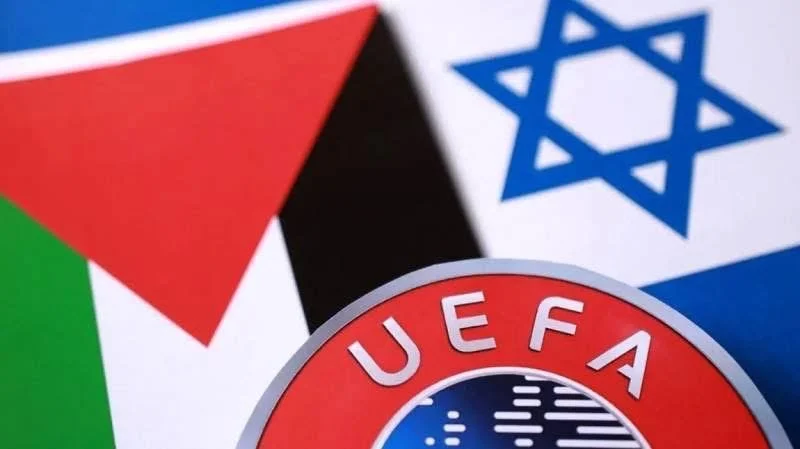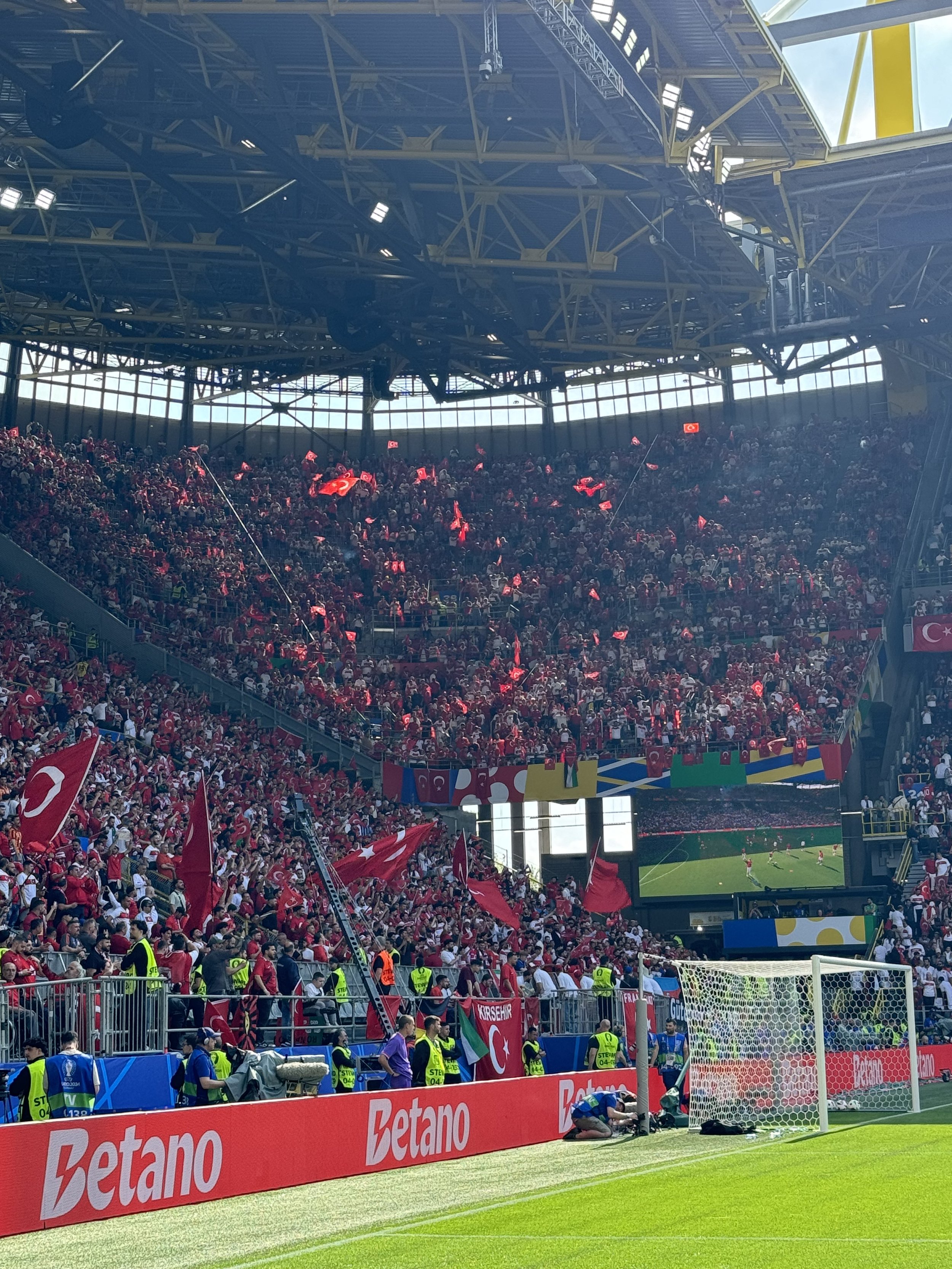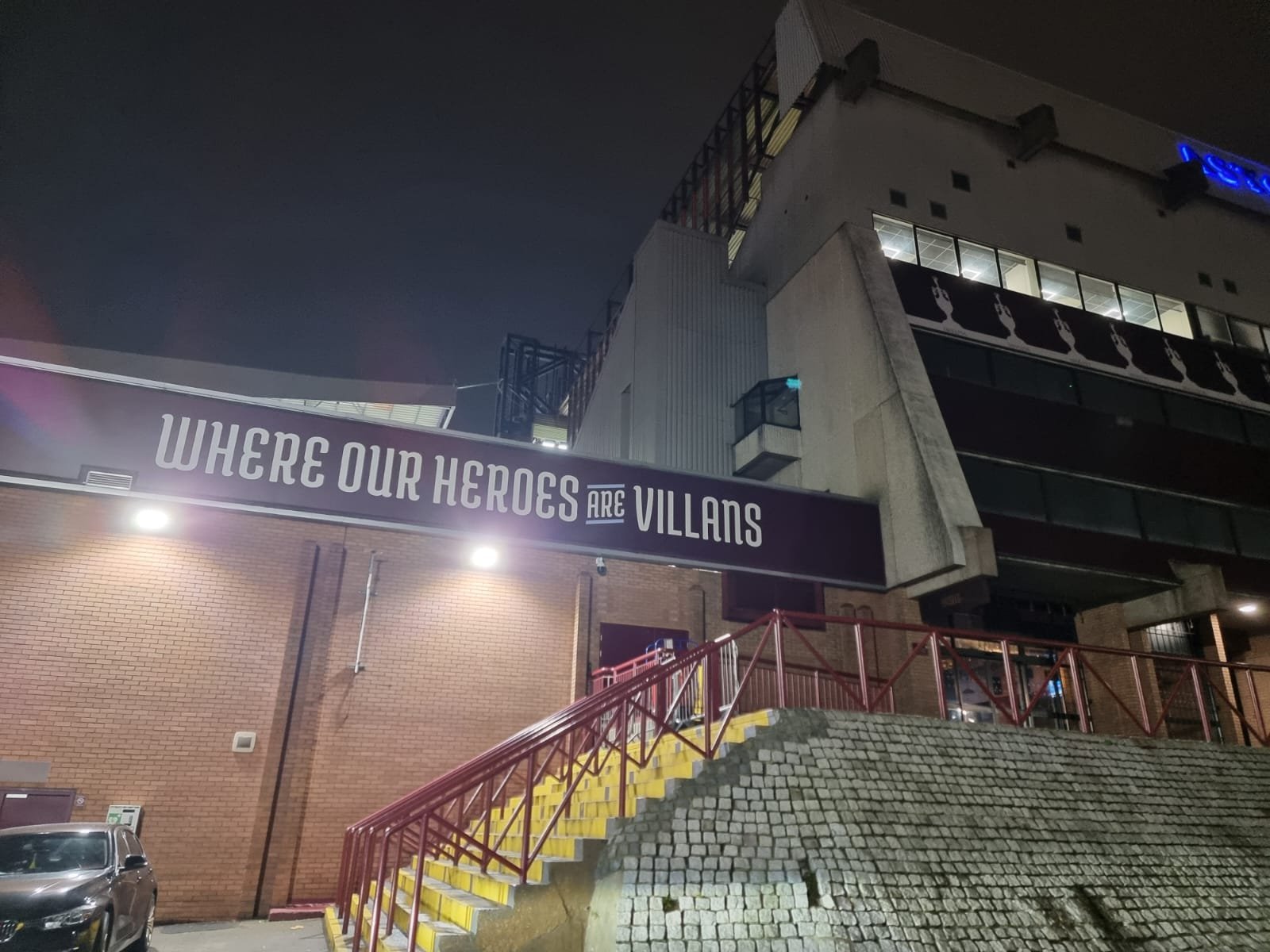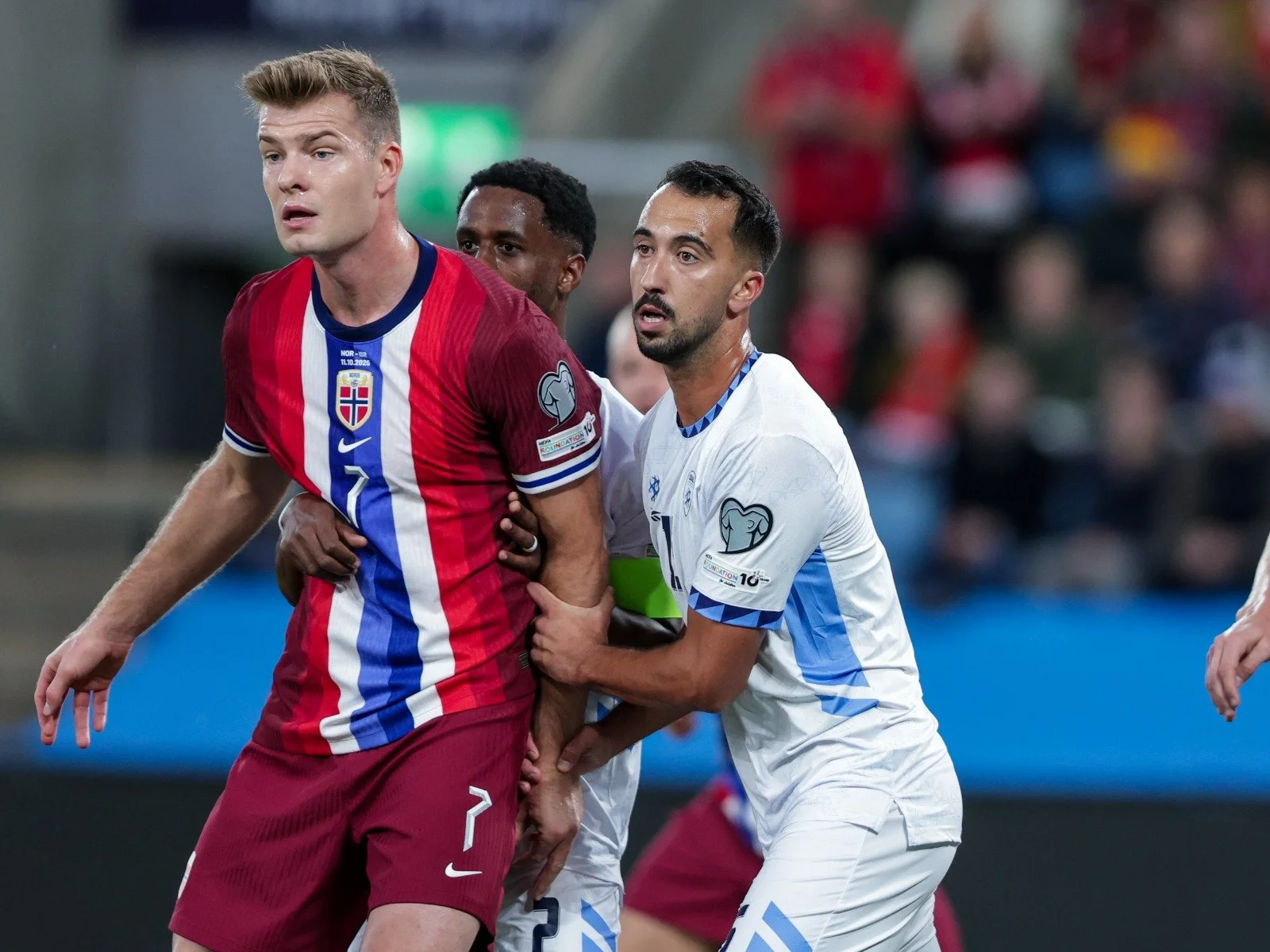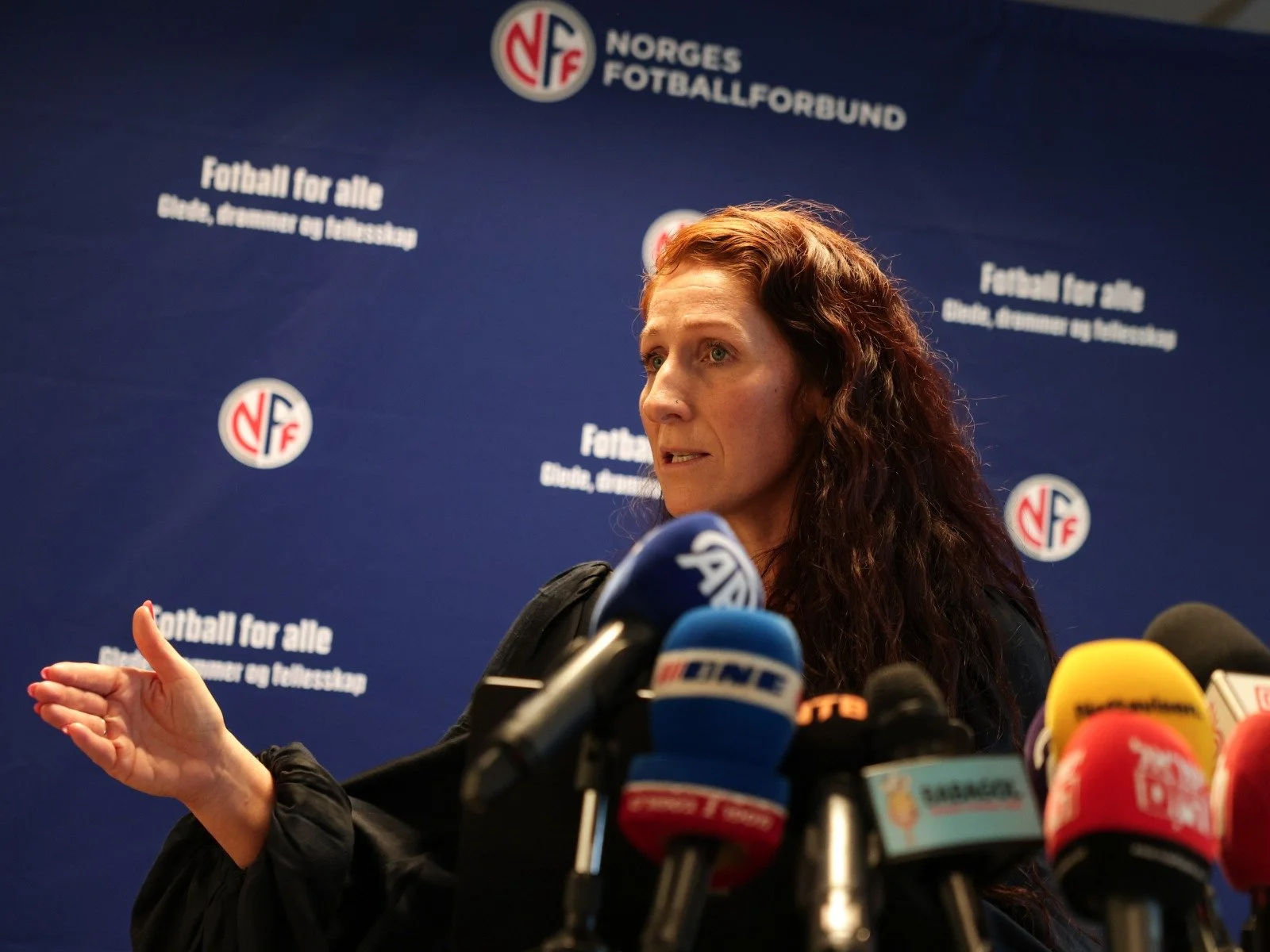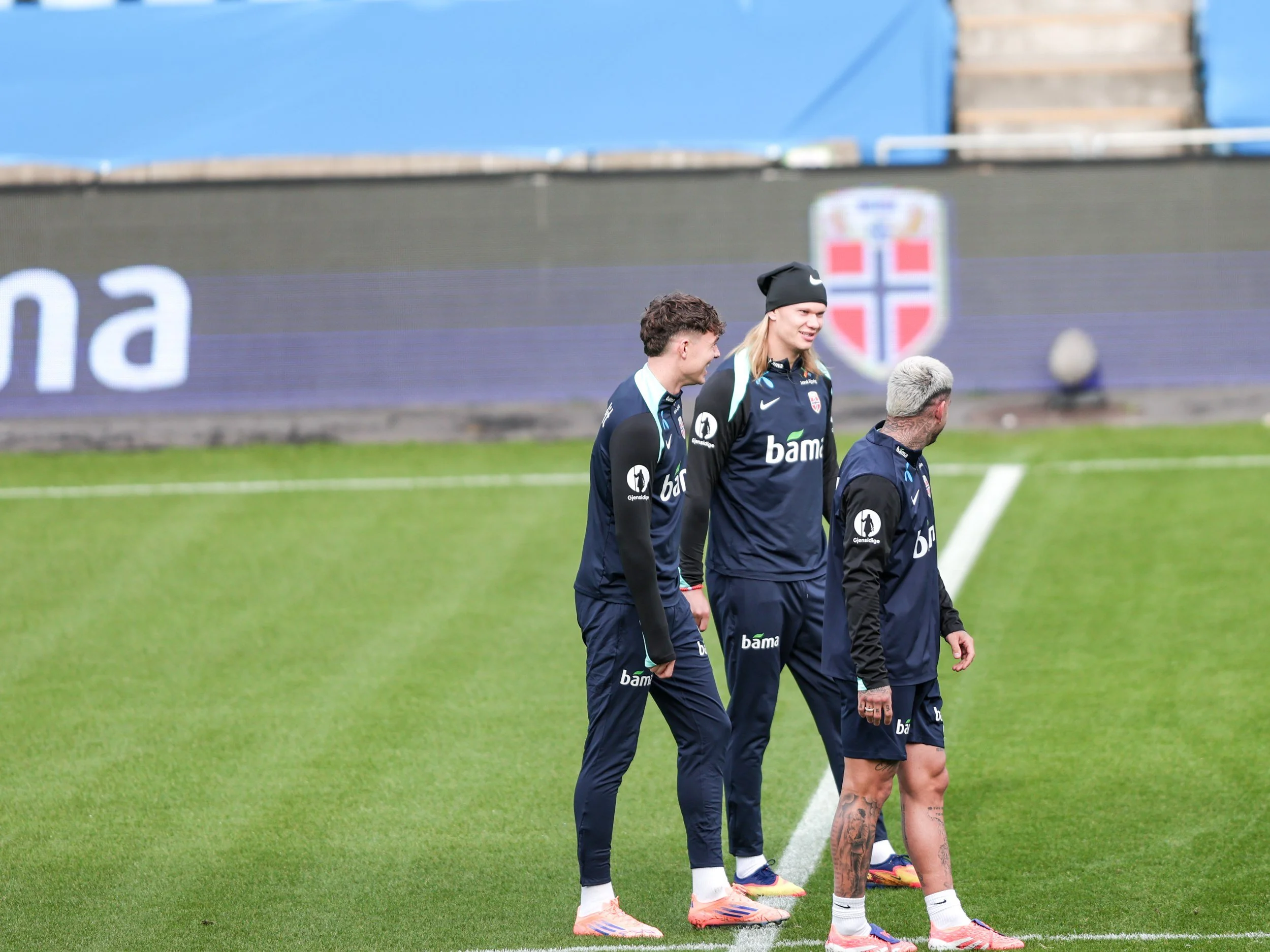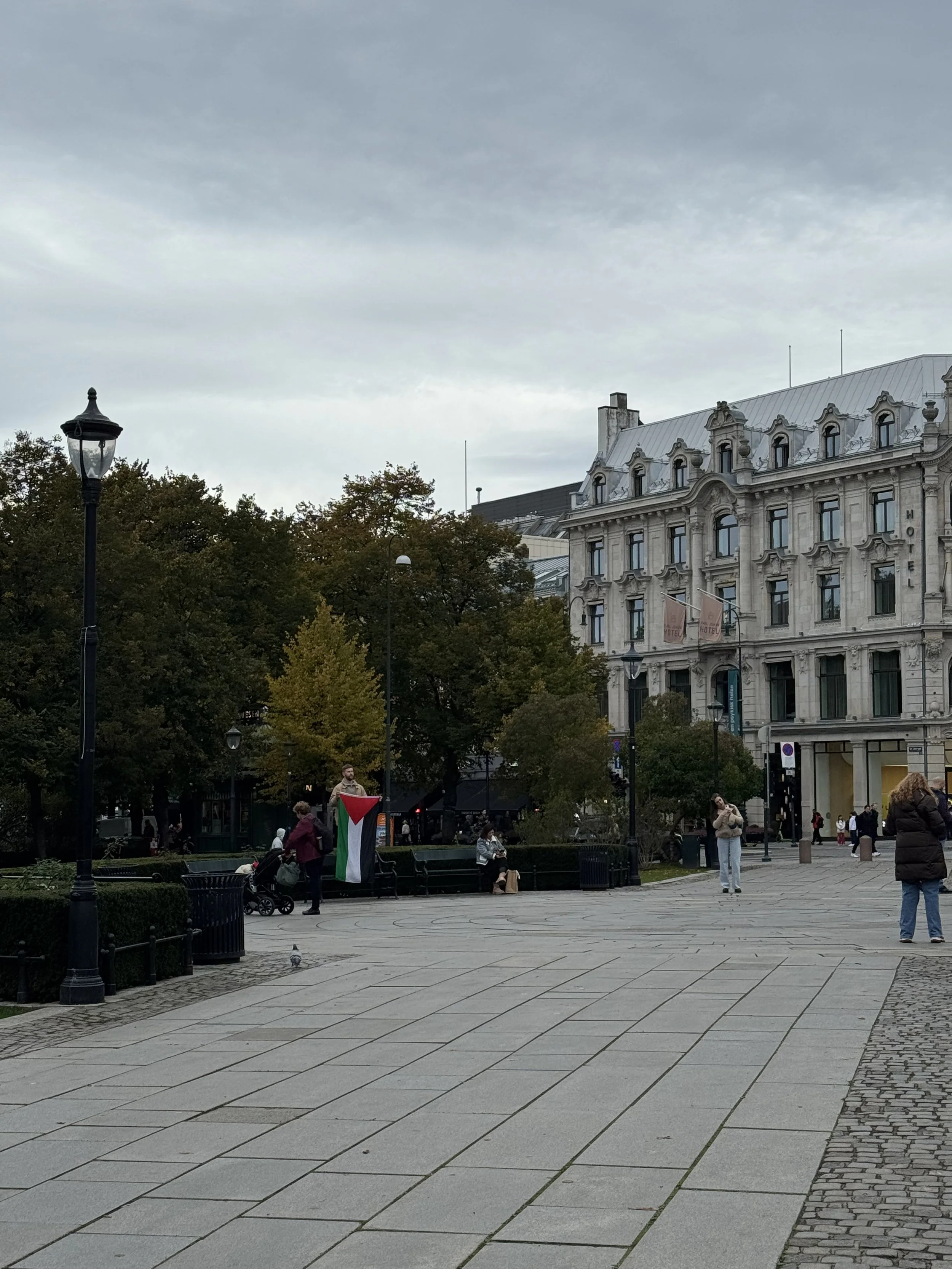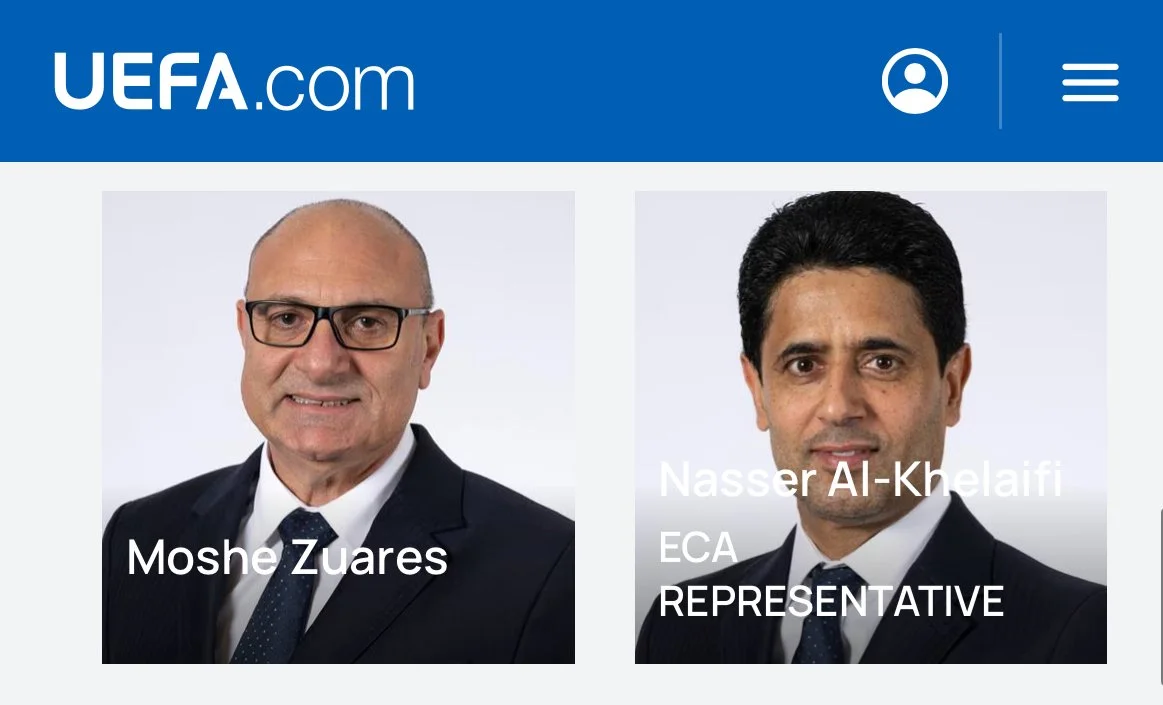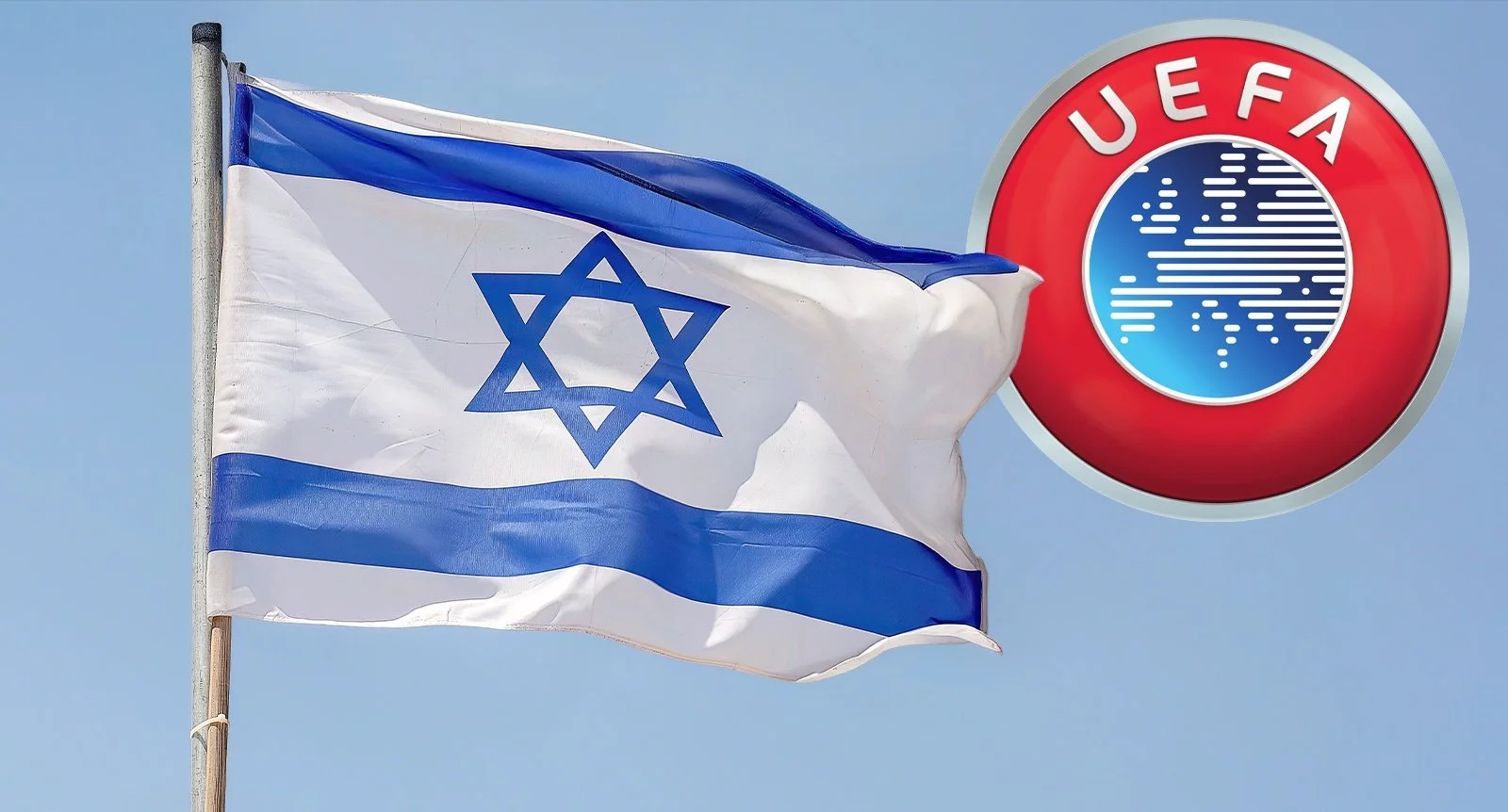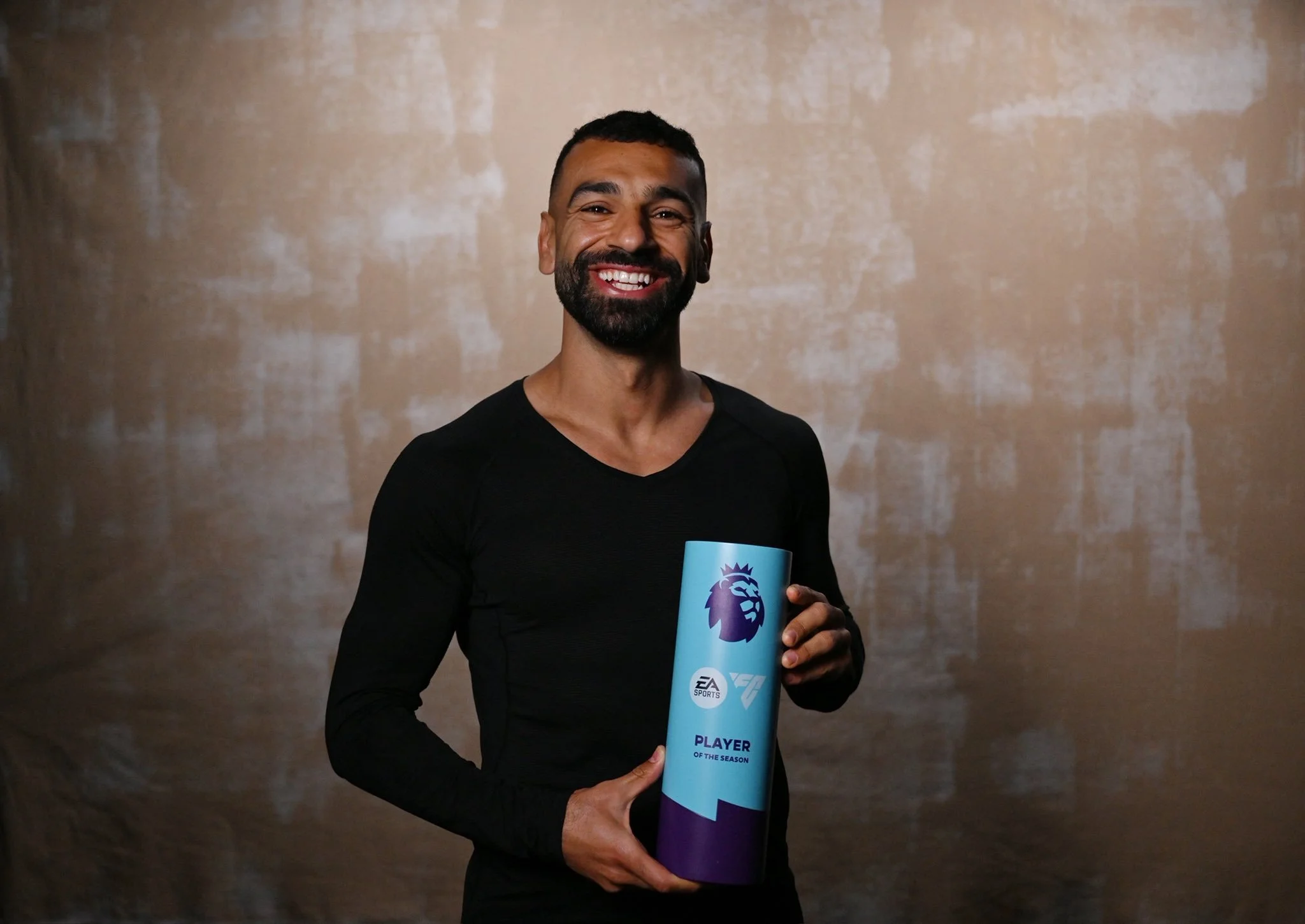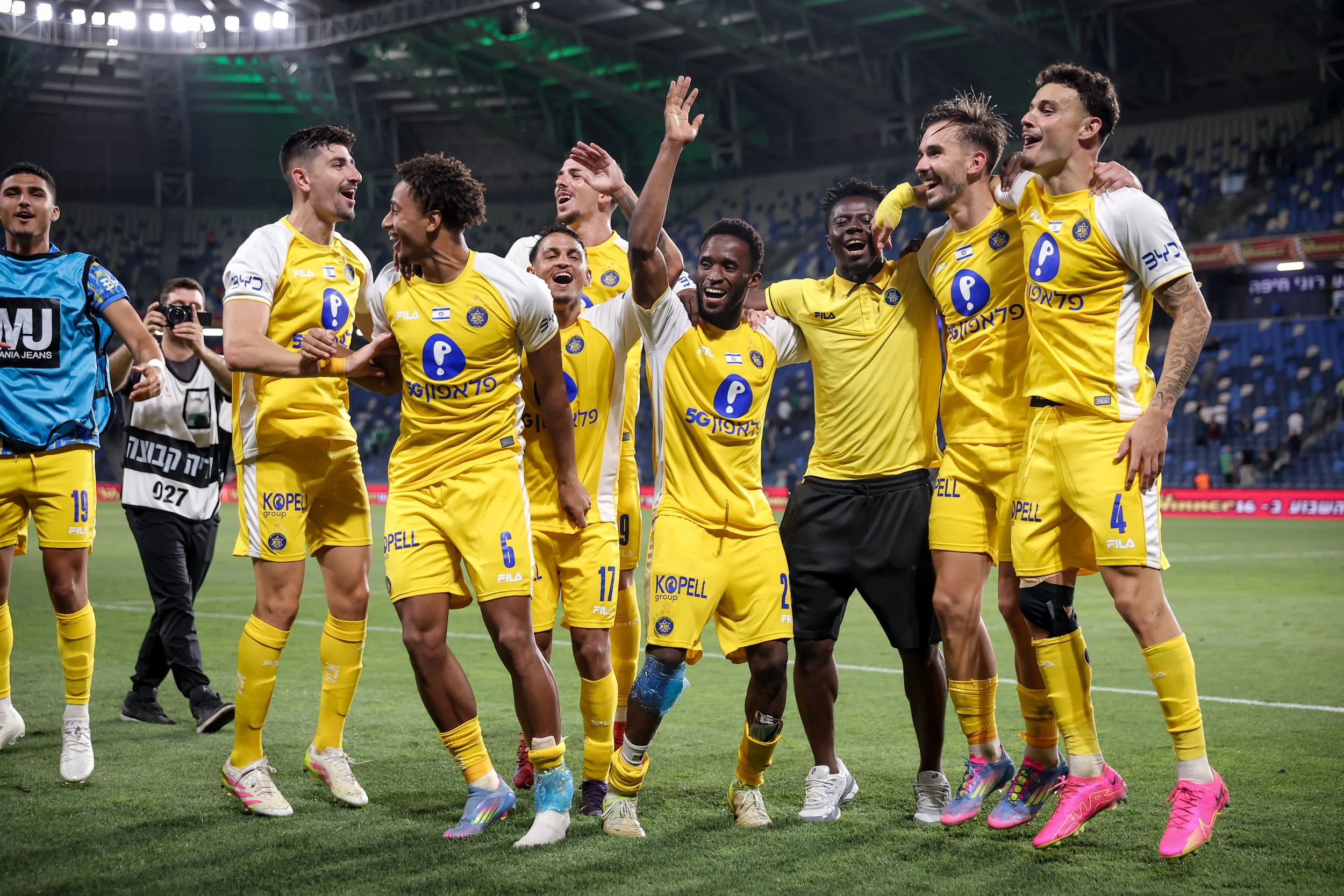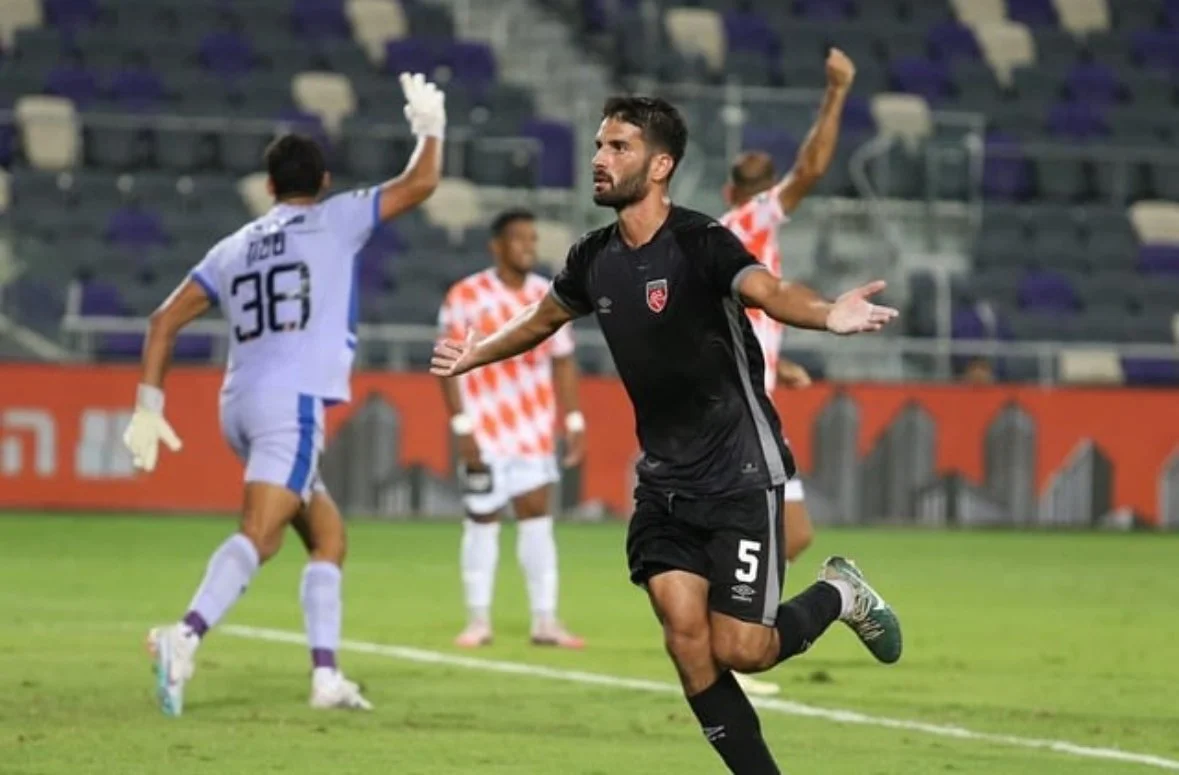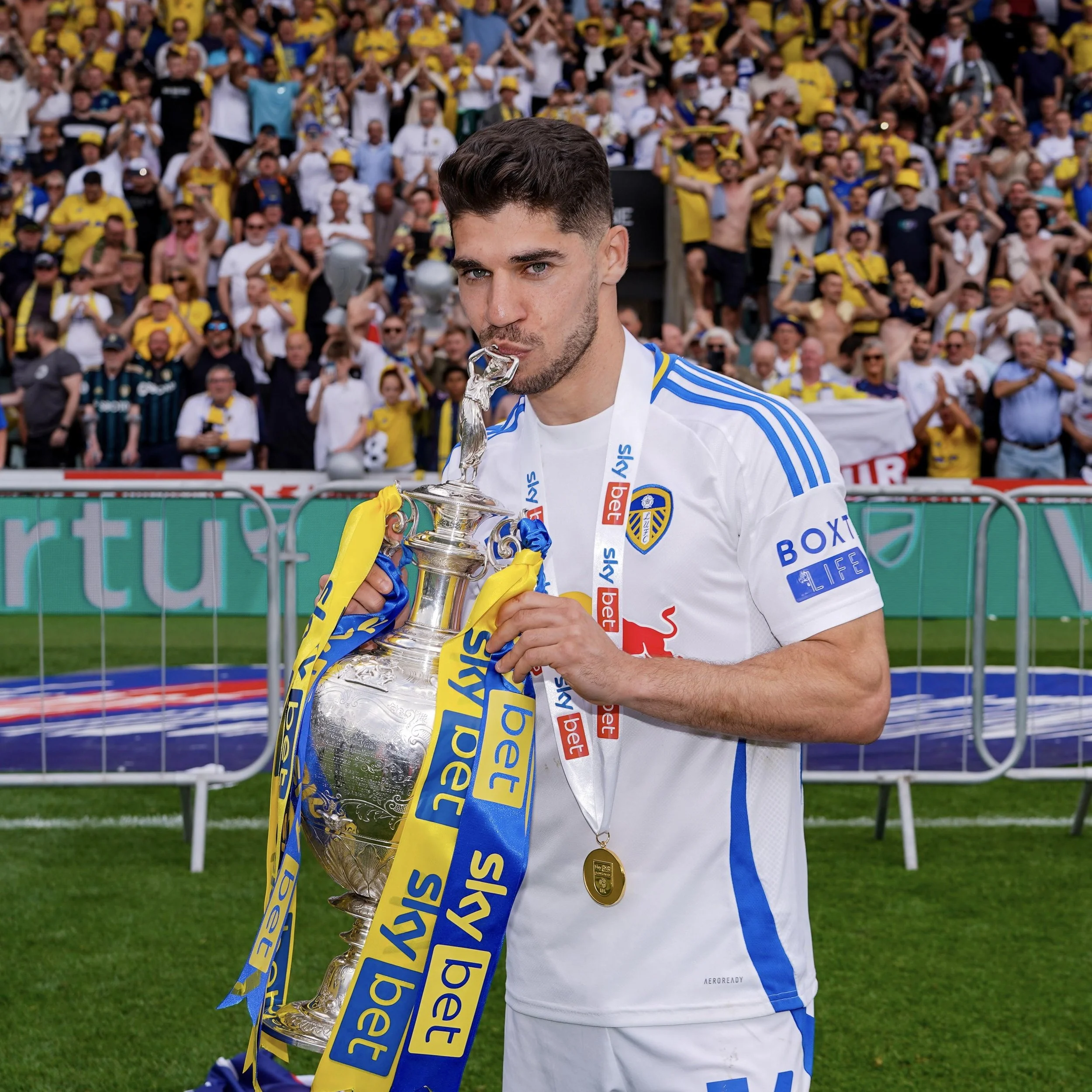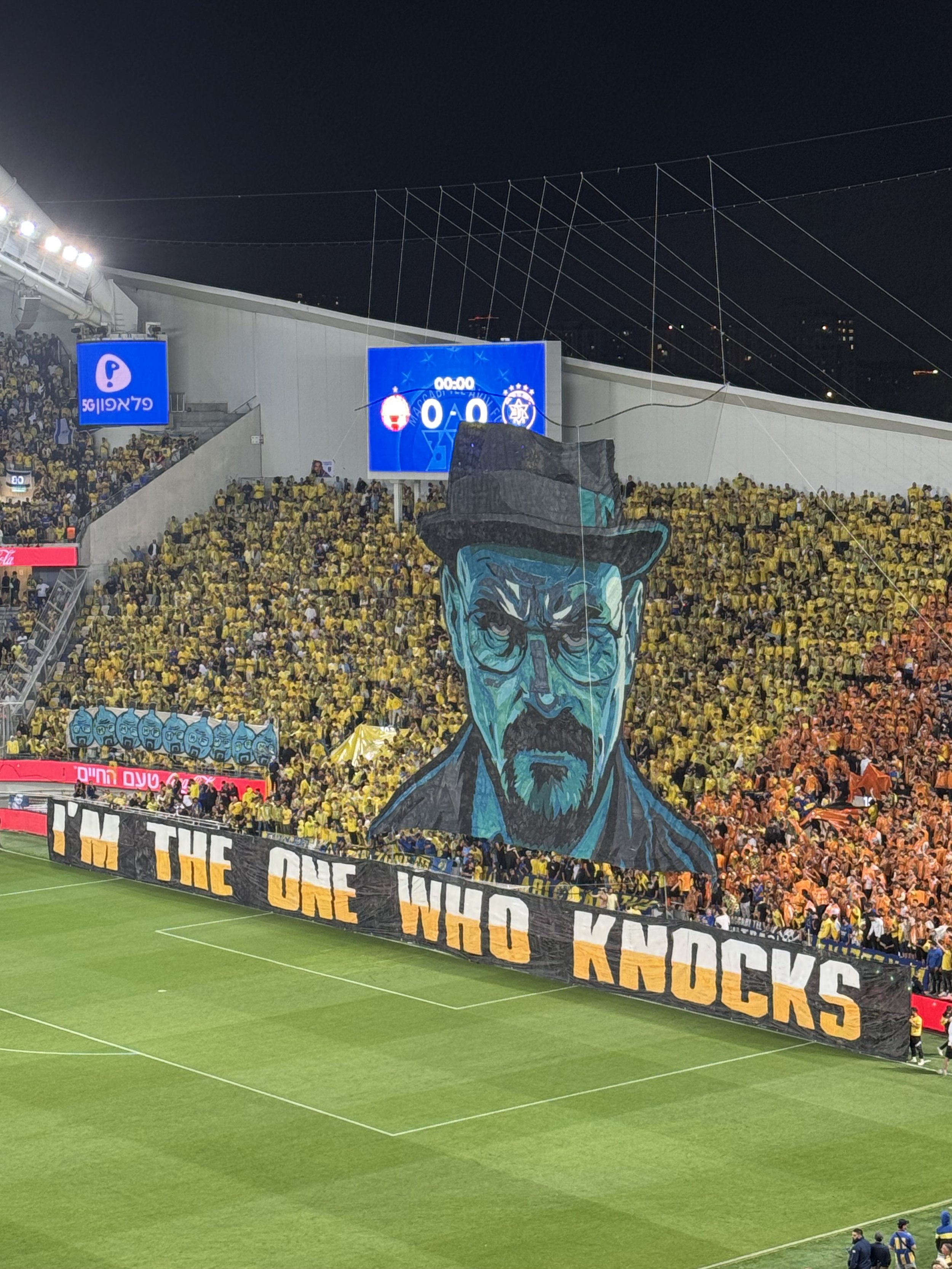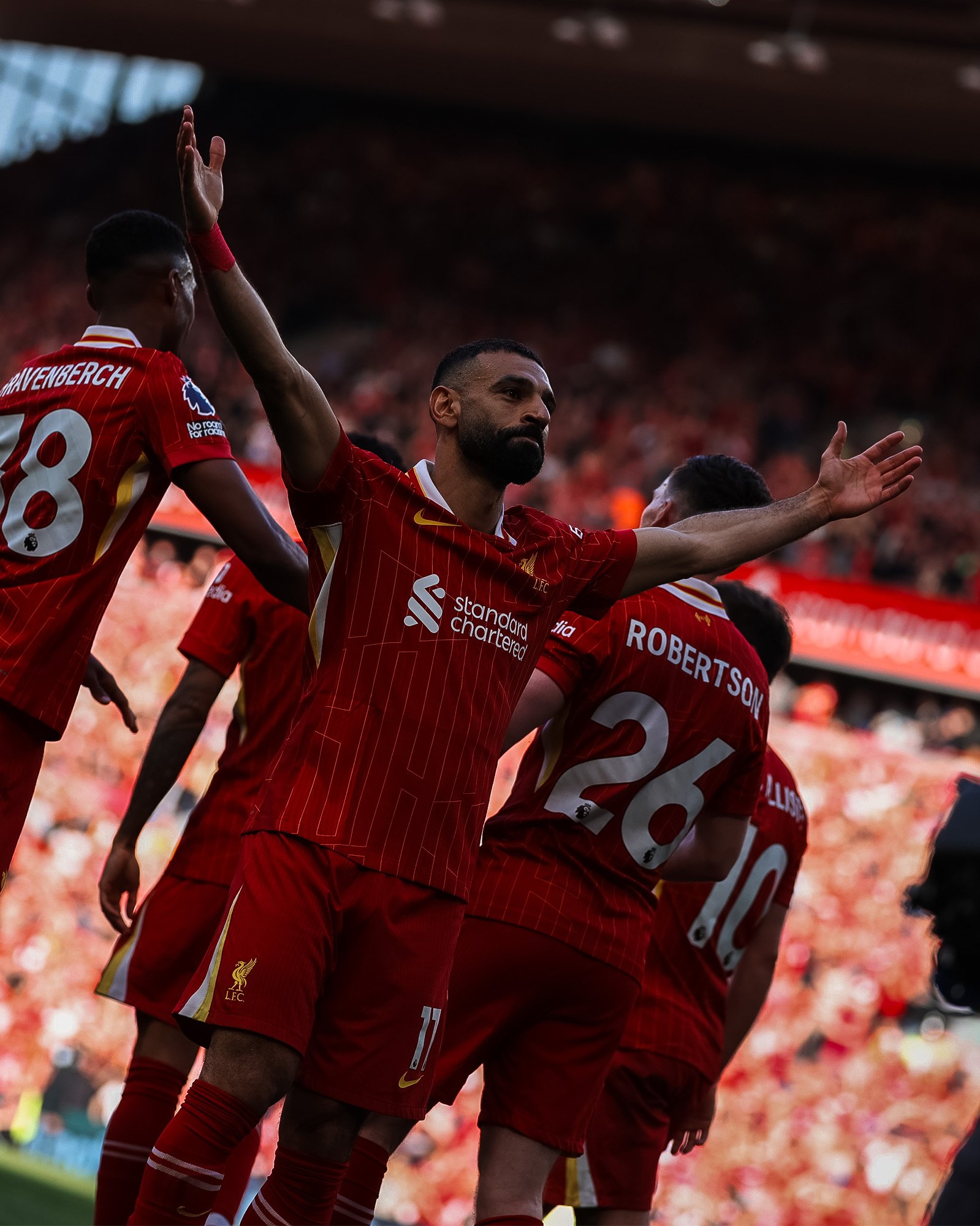UEFA has launched an investigation into Turkish national team defender Merih Demiral following his controversial goal celebration during Türkiye's 2-1 victory over Austria in the Euro 2024 Round of 16.
After scoring his second goal, Demiral performed the 'Bozkurt' (Grey Wolf) salute, a gesture associated with the far-right Turkish movement "Grey Wolves," known for its extreme, antisemitic, and racist views.
The Grey Wolves, active since the 1970s in Türkiye and across Europe, have been linked to actions against Armenians, Kurds, Jews, Christians, and other ethnic and religious groups. Austria banned the organization in 2019, and other EU countries are considering similar measures. The movement has found support in Turkish politics through two prominent parties: MHP (Nationalist Movement Party) and BBP (Great Unity Party).
Demiral, who plays for Saudi Arabia's Al-Ahli and formerly for Juventus, showed no remorse. In the post-match press conference, where he was named Man of the Match for his brace, he stated, "I'm very proud to be Turkish and wanted to make a celebration that highlights that. I'm very happy I did it." The MHP party's X account, with 2.7 million followers, immediately tweeted an emoji mimicking the gesture.
But is this simply a racist political act during a major tournament, or is the reality more complex?
The grey wolf is an ancient symbol in Turkish mythology and culture, predating both the Turkish adoption of Islam and the rise of the Ottoman Empire. According to legend, a grey wolf saved the ancient Turkish ancestors, enabling the resurgence of the Turkish people. The symbol is also common in countries like Turkmenistan, Azerbaijan, and Kazakhstan.
So where's the problem? The extreme movement's use of this general Turkish national symbol has linked it primarily to the MHP party, which President Recep Tayyip Erdogan has relied on for years to solidify his power. MHP leader Devlet Bahçeli tweeted after the match, "The Grey Wolf sign expressed by Merih Demiral after the goal is the Turkish nation's message to the world."
This Euro is particularly charged for Türkiye. With millions of Turkish-origin residents in Germany, Türkiye has become an alternative host of sorts. Each Turkish match has turned into a display of Turkish identity unprecedented in Germany and Europe, with political tensions running high.
Even an interview conducted by this columnist with Turkish journalist Burcu Eken for Israeli Euro 2024 broadcasts sparked controversy in Türkiye. Senior MHP figures demanded Eken apologize and opposed any connection with Israel. Despite this, Eken tells BabaGol: "The Grey Wolf is absolutely not a racist sign but a national emblem. We all grew up with it as part of our education and culture in Türkiye."
Eken added, "Türkiye's success in the tournament and what's happening in the matches is causing discomfort to many in the West and the EU. It was clear they would take this gesture in this direction. Not everyone wants to see Türkiye go far in the tournament."
Demiral's timing in using the Grey Wolves gesture is undoubtedly controversial and inflammatory. Will it affect the Turks' crazy tournament run as they return to the quarter-finals for the first time since 2008? It's too early to say. But on Saturday, in the quarter-final against the Netherlands, which also has a large and dominant Turkish minority, the temperature will continue to rise for the most explosive team in Euro 2024.
